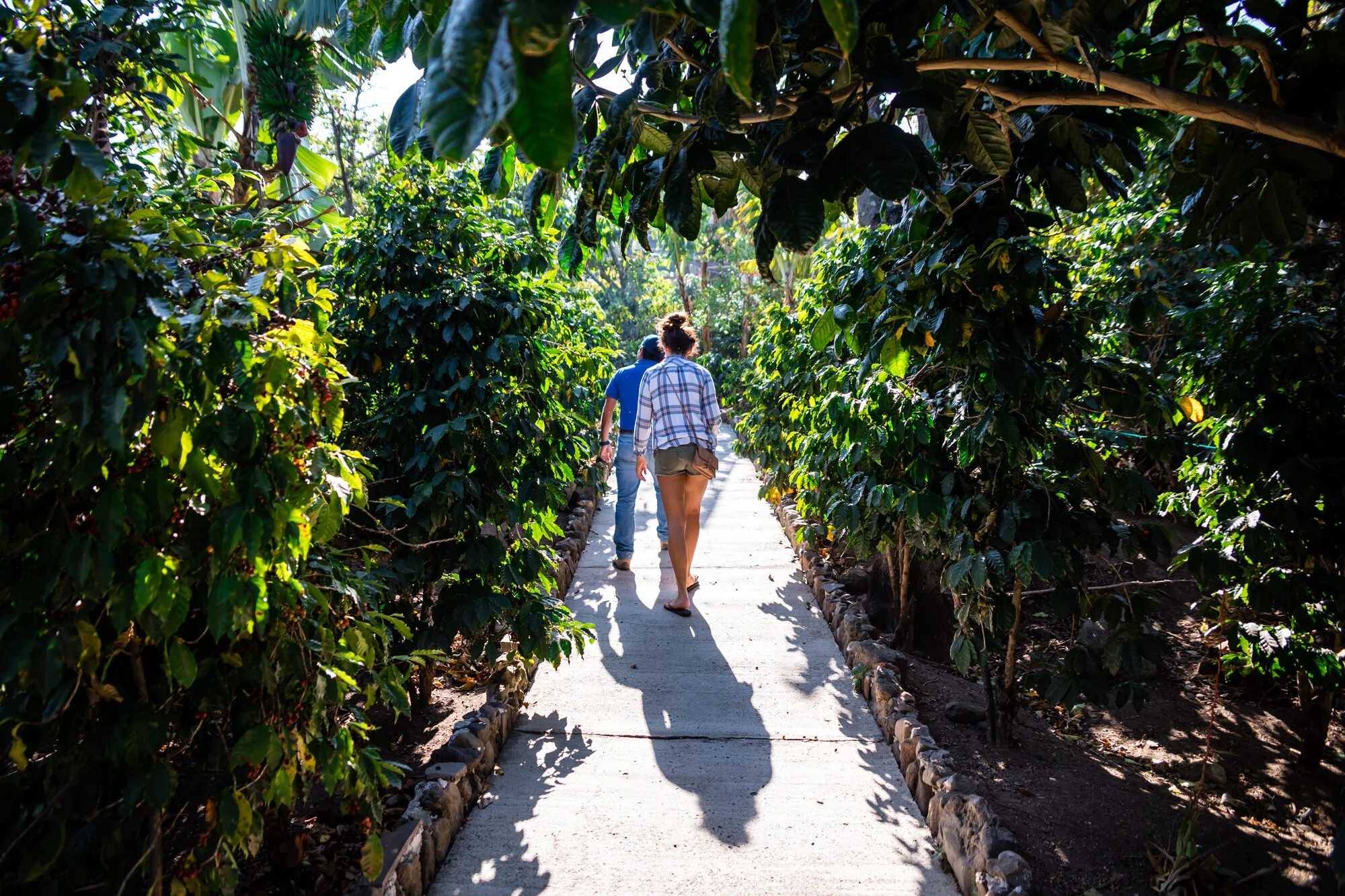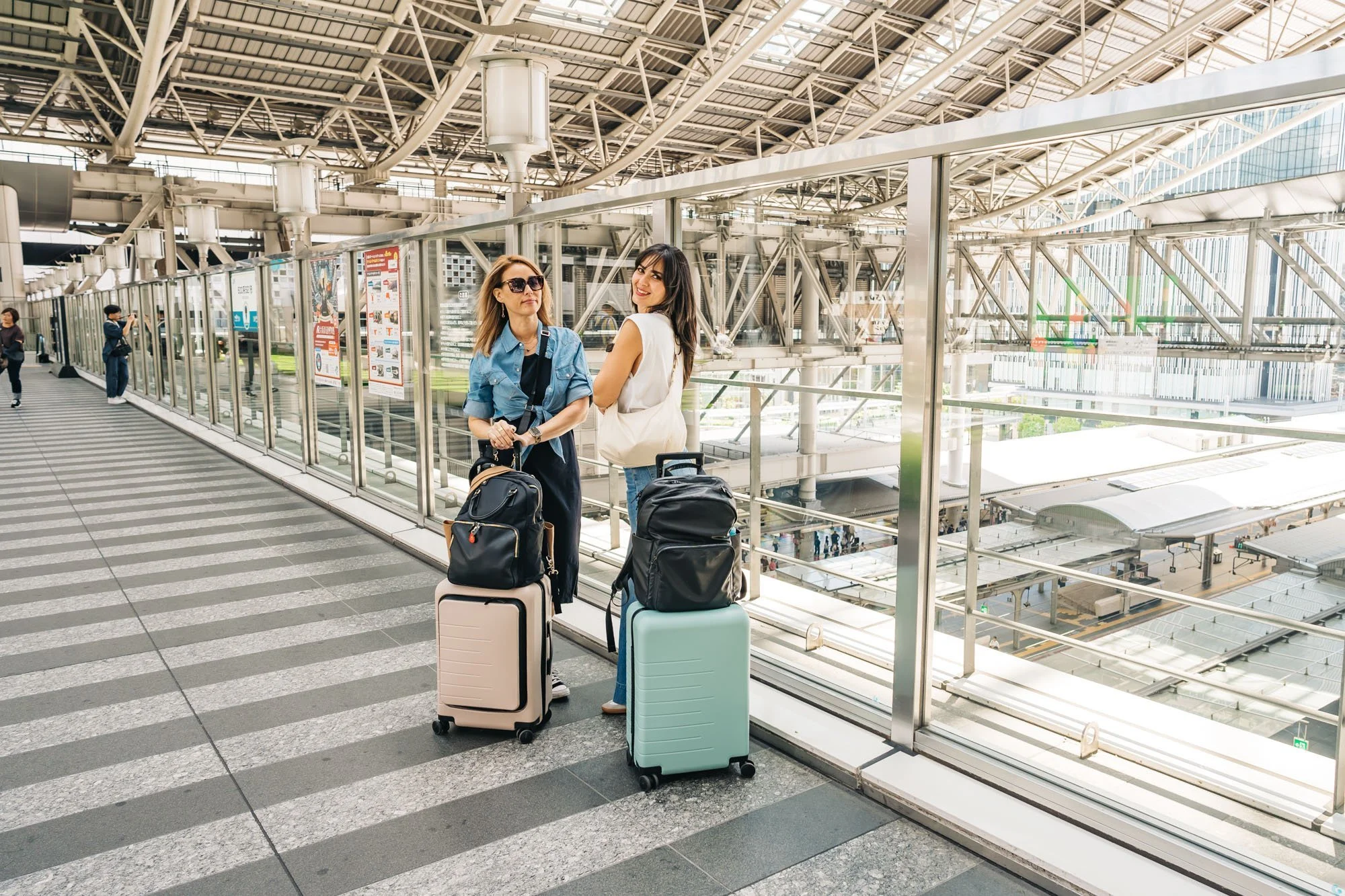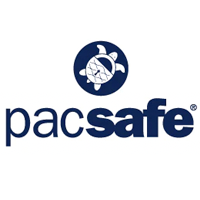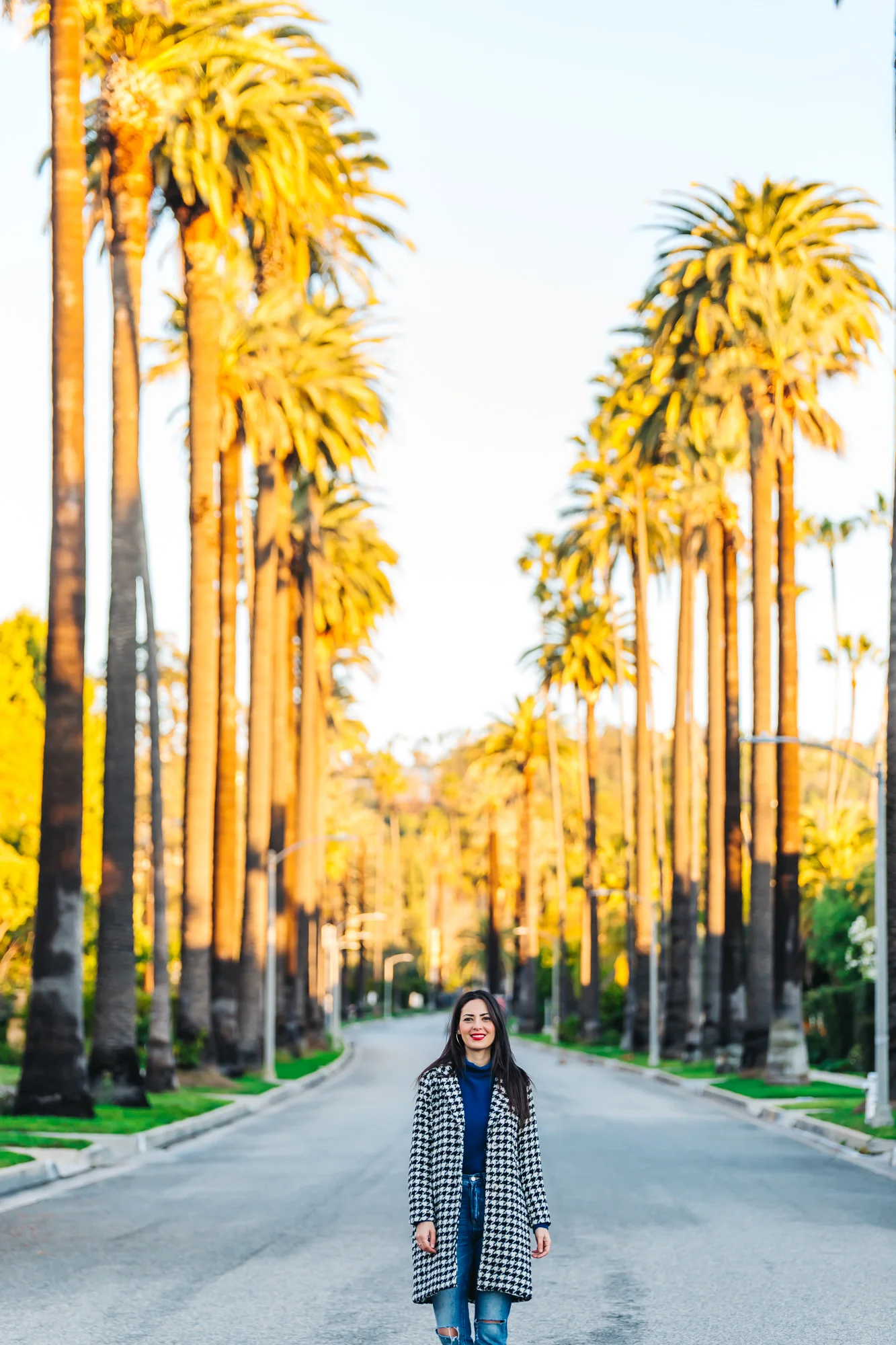Exploring San Juan La Laguna with Voltan Adventures at Lake Atitlan, Guatemala
/This post contains affiliate links, which means that at no additional cost to you if you click on one of the product links, we may earn a commission.
My friend and I were staying at Villa Sumaya, a beautiful resort located on Lake Atitlan, and we wanted to visit one of the towns in the area. There are 12 towns around Lake Atitlan and they are all accessible by boat. You can explore these areas on your own, but we wanted to know the culture and history of the area, so the staff at Villa Sumaya recommended Voltan Adventures.
Our tour guide, Pedro, met us at the resort and we got on board the local boat with him. Taking these boats around Lake Atitlan was a little tricky from the resort since we’re not actually located in one of the towns. We have to wave a boat down and hope that they see us and go in the direction we are going. Luckily, Pedro knows all about the boat system, so we didn’t have to worry about which stop we needed to get off at or wonder if we were going in the right direction.
Speed boats are used to travel from town to town at Lake Atitlan
Pedro suggested that we check out San Juan La Laguna since it was nearby and had a lot of culture and history to offer. The boat ride cost 25Q (~$3.25 USD) and took 45 minutes with several stops in between. At one stop (I believe it was San Marcos), we were waiting at the dock for nearly 15 minutes for more people to board. The drivers of the boat try to fill up the boat as much as they can so they can make more money.
The dock where we catch the boat from at Villa Sumaya
On our way to San Juan, Pedro gave us some history behind Guatemala. We learned that the Guatemalans’ first language is Mayan but Spanish is learned in school. So at home, everyone speaks Mayan, but at schools, everyone speaks Spanish. This is the reason why Guatemala is the best place to learn Spanish because the locals speak Spanish a lot slower and clearer since it’s their second language.
Boat pulling up to the dock at San Juan La Laguna
Once we reached San Juan, we started walking uphill to check out some of the shops. Pedro is well-known in the area and wherever we went, the locals were all greeting him. He was definitely well-liked and almost seemed like a celebrity in the town. I’m not exaggerating when I say that every single person in this town knew who he was.
San Juan La Laguna
Nicely shaded shopping street in San Juan
We first stopped by an art gallery with vibrant and colorful paintings. A lot of the paintings were done by a famous local artist named Angelina Quic. Pedro explained a few of the paintings including lots of artwork with corn. Corn is very important to the Maya because it was an important crop in Maya agriculture. The corn harvest was enough to feed the whole population of farmers.
One of Angelina Quic’s paintings
We also stopped by a painting of the Maya calendar and Pedro went through each symbol and told us what each one meant. I still have no idea how to read a Maya calendar but it basically records a series of recurring cycles of time based on the movements of the Sun, Moon, and planets. Each day has a meaning and it tells us about the relationship among all things. Pedro did a little assessment based on our birth dates but he said that we need to see a shaman to get the true meaning.
Art gallery in San Juan
After the art galleries, Pedro bought us a couple of fruit snacks on the street. An orange topped with ground pumpkin seed (they called it pumpkin, but I’m pretty sure it was squash). It was such a tasty treat and perfect for a warm day.
The locals selling fruits
Delicious orange with ground squash
Our next stop was at Utz Batz where we got to see the coolest demonstration of the women weaving textiles from scratch. It was truly spectacular to see the full process and understand how much work goes into each textile. We even had the chance to spin the cotton ourselves but we were terrible at it. It’s a lot harder than it looks!
These ladies are truly talented
Trying my hand at spinning some cotton
Throughout San Juan, you will see many textile shops that offer a free demonstration. Each shop is a coop and supports the women of Guatemala. Weaving is a century-old Mayan art form still very much part of Mayan life across Guatemala.
Make sure to stop by Utz Batz for a great demonstration of textile weaving
For lunch, Pedro took us to one of his favorite local restaurants. We went to the kitchen and had three choices on the menu: grilled beef, chicken or fish. We ordered the grilled beef and went upstairs to the rooftop seating area. It was an excellent afternoon chatting with Pedro and eating some delicious food.
Lunch at a local restaurant in San Juan La Laguna
One of the most surprising things we learned in San Juan was that Guatemala makes the best coffee in the world, according to Pedro. We weren’t so sure about this at first but after he explained why, we started to understand how Guatemala produces some of the best coffee.
Mock plantation at Cafe San Juan
Guatemala is the only country that hand picks the coffee beans from the trees. Other countries like Costa Rica and Colombia use machines to pick the coffee beans, so they pick up some bad beans as well. Since the coffee beans are hand picked in Guatemala, all the beans are of great quality and there are no bad beans in the mix.
Coffee beans growing on trees
Did you know that coffee beans come from this red fruit?
He took us around a mock plantation behind the coffee shop, Cafe San Juan. This area used to be an actual plantation, but it moved its location to a larger area. There are still trees growing coffee beans here and Pedro showed us how to pick the best ones. I had no idea that coffee beans came inside a bright red stone fruit.
Main street in San Juan La Laguna near the dock
Before we left San Juan, we had some coffee and I’m not exaggerating when I say that it was the best coffee I’ve had in my life. I usually drink coffee black, but I need some cream and sugar when it comes to iced coffee since it’s a little bitter. Pedro advised us not to use any cream or sugar because it takes away from the real coffee experience and honestly, we did not need it. There wasn’t that harsh bitterness that I normally taste in iced coffee and it went down so smoothly. I wish I would have bought some of their coffee to take home with me.
Finally, it was time to head back to our villa. Pedro was very kind and spent more time with us than originally planned and we really appreciated that he did not rush us at all. He truly wanted us to have the best experience possible. We made sure to tip him really well for his kindness.
If you’re visiting Guatemala, I wholeheartedly recommend Voltan Adventures. They are licensed guides and experts when it comes to planning your experience. I will definitely use Voltan Adventures again when I return to Guatemala.

















































